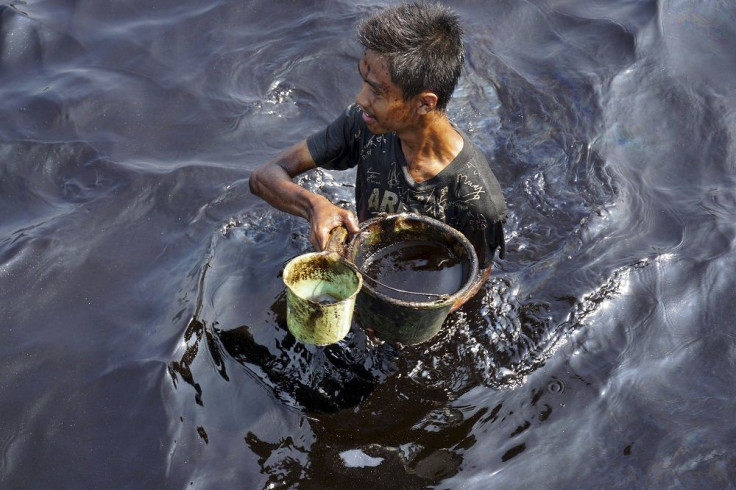Advantages Of Bioremediation Brought To Light By Increasing Pipeline And Open Water Pollution

The emphasis on environmentally friendly practices has become more apparent as companies shift into greener practices. Companies that are using or releasing harmful by-products have gotten more attention from government bodies, citizens, and NGOs, as the latter scramble for more eco-friendly solutions.
Water pollution is by far one of the biggest problems that many countries face. As a solution, there has been a growing demand for clean-up services that are even more favourable to the environment. In a press release dated June 2015, the United States Environmental Protection Agency, or EPA, has announced that it has picked 243 new brownfield grant investments amounting to $54.3 million to 147 communities to clean up and redevelop contaminated properties.
“Brownfield sites, because of their locations and associated infrastructure advantages, are community assets and a key component of the Obama administration’s efforts to provide tools to sustainably revitalize communities and foster economic development,” said Mathy Stanislaus, assistant administrator of EPA’s Office of Solid Waste and Emergency Response.
Stanislaus added that before granting, communities presented competent plans on how to use their grants and partnerships to achieve “economic and environmental revitalization” on projects that will create more jobs and housing opportunities. The populations of the communities that were given grants range between 89 and 1.4 million, while others had fewer residents of 100,000 people.
“The grants will help transform brownfield sites such as former manufacturing and mill sites, into productive end uses which directly benefit community residents and create opportunities, including increased housing options, recreational spaces, and jobs,” further stated Stanislaus.
Thirty percent of the communities have been affected by plant closures while 42 percent were struck by natural disasters. An example is the city of Palatka in Florida, which was struck by two tropical storms and was affected by the closing of a Georgia-Pacific paper towel manufacturing line. The closure resulted to 130 employees losing their jobs. To aid the community, EPA has granted the city $400,000 in remediation grant. Other recipients of the grants include agencies, such as the Camden Redevelopment Agency in New Jersey for the redevelopment of a 3.6-acre mercury and lead-contaminated Camden Laboratories.
Bioremediation will allow these communities to thrive once more, simply because cleaning up has never been environmentally friendly and easy. It is a waste management technique that uses live organisms, such as bacteria, to remove or neutralise contaminants at a site. The microorganisms thrive and eat the hazardous substances as food and transform them into water or a harmless gas, carbon dioxide. This is a better alternative compared to the highly toxic chemical surfactants, and bioremediation does not add to the degradation of the environment at all.
This demand for bioremediation has propelled companies that promote the practice to the spotlight, such as Jericho, New York’s Ecosciences (OCTQB: ECEZ). The revenue growth of the business is due to the favorable effects of its bioremediation products on the environment, making it one of the most innovative waste management treatment provider in the world.
Ecosciences manufactures a line of tablets that create an ideal environment for microorganisms to thrive and break down hazardous wastes when dumped into sewage or septic tanks. When applied regularly, the tablets oxygenate the wastewater where billions of bacteria spores can grow. The active ingredients in the tablets remove hydrogen sulfide odors, prevent corrosion in wastewater systems and initiate aerobic biological breakdown of sludge, including fats, oils, and grease.
“We are focused on building, acquiring and investing in businesses around ecological and life sciences. From wastewater remediation to healthcare and more, Ecosciences is committed to building a better living environment for all people. Our bio-remediation business is just the beginning of our plan and goal to create a successful mid to large cap community over the long term,” said Joel Falitz, CEO of Ecosciences.
To contact the writer, email: vittoriohernandez@yahoo.com





















